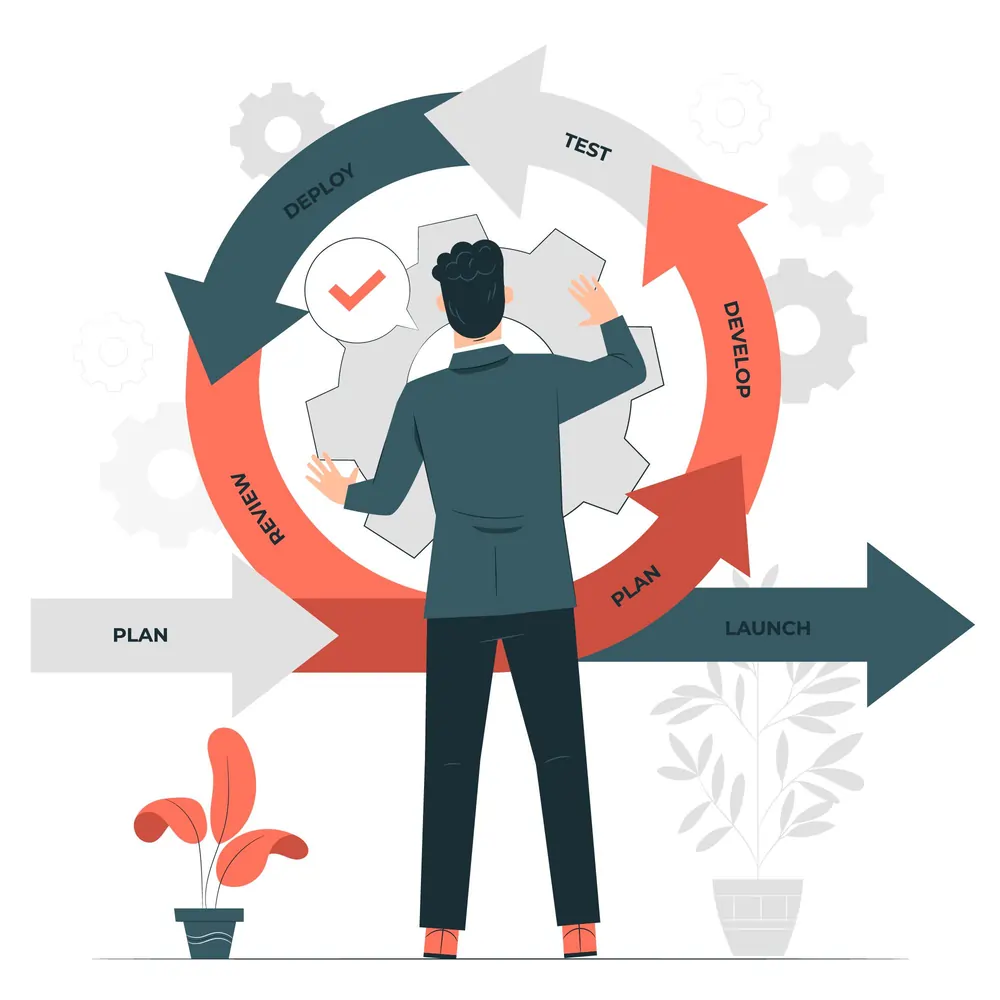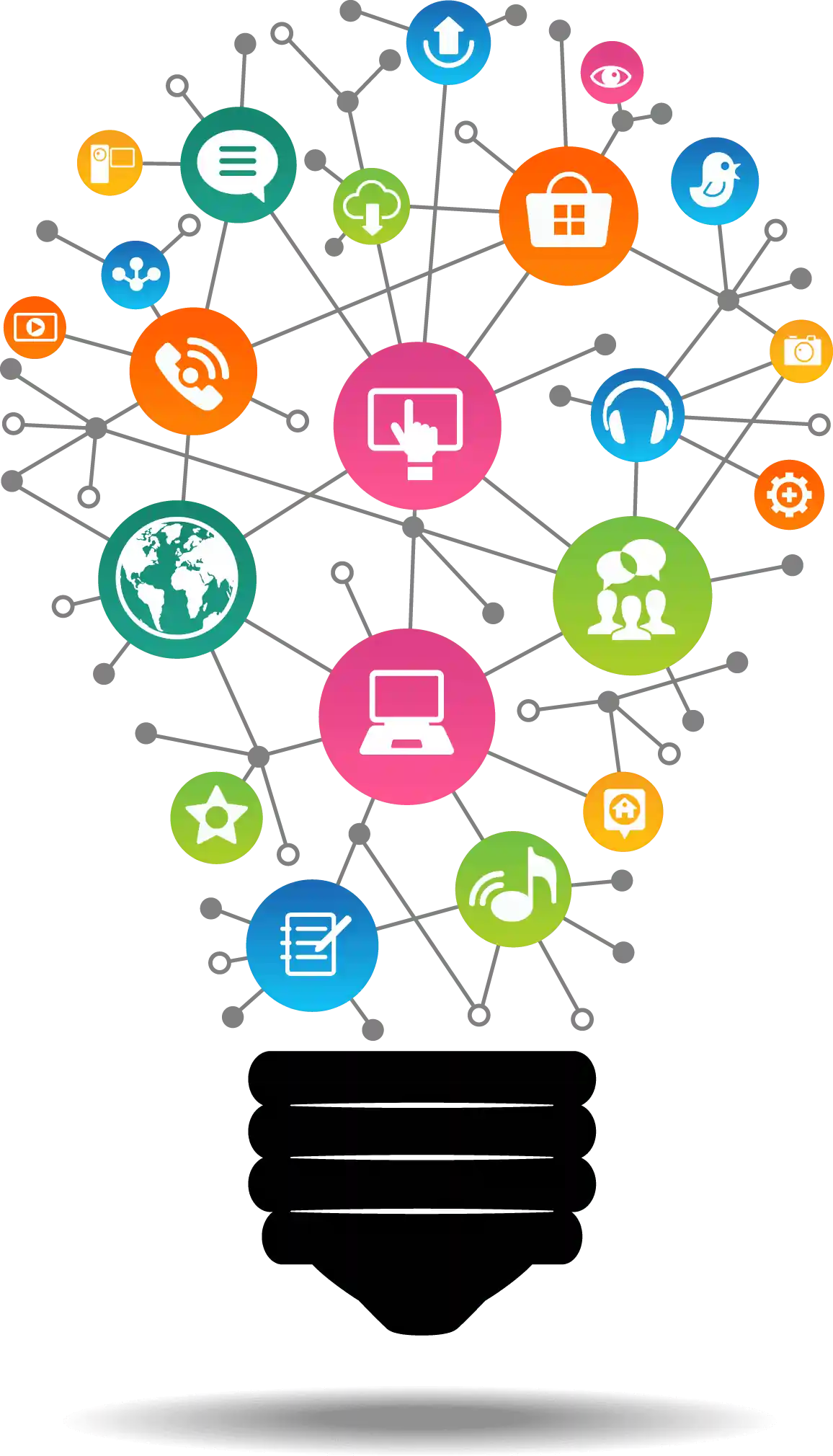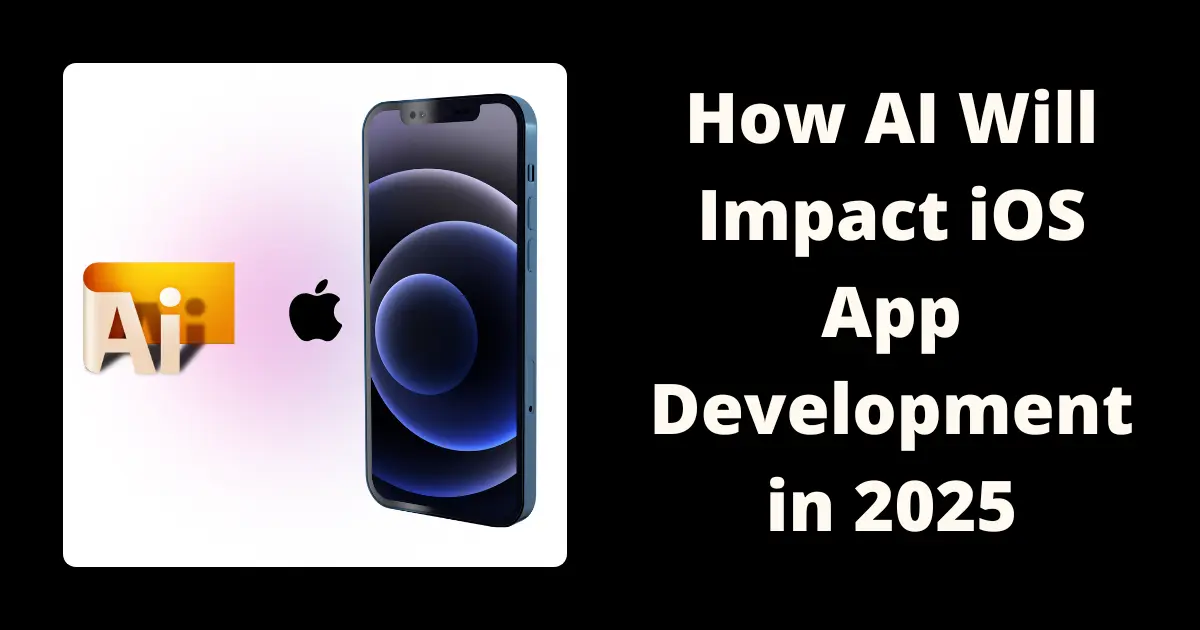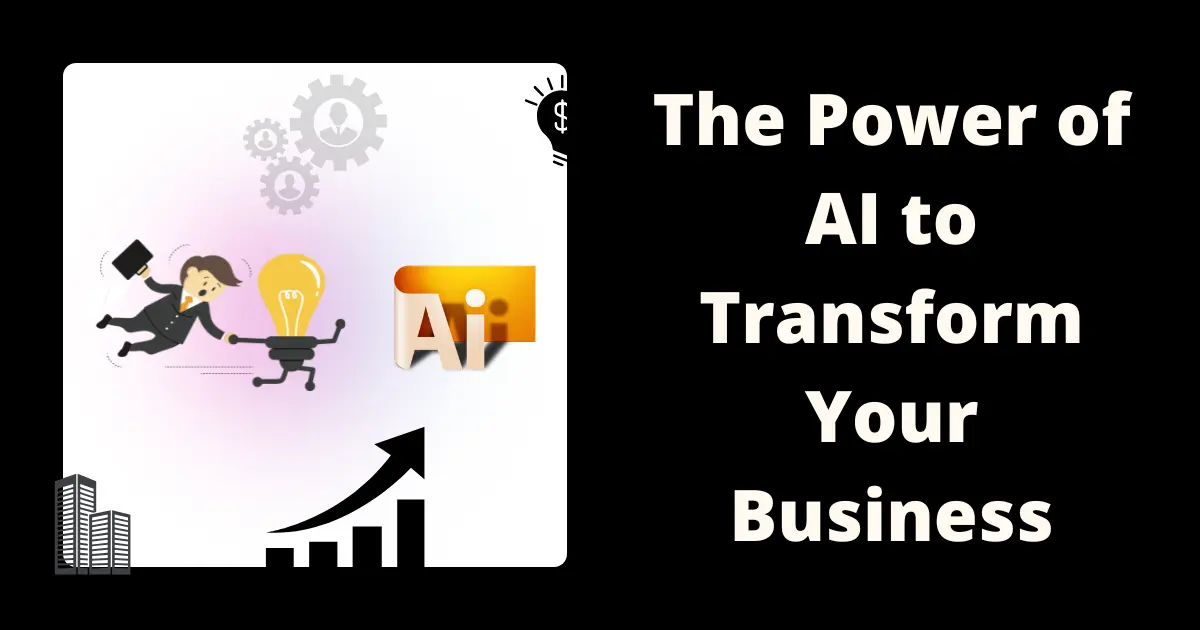How AI Brings Real Business Value to Custom Software Development

Overview
Table of Contents
Artificial Intelligence (AI) is no longer just a futuristic concept — it's now a game-changing force in custom software development. Businesses across industries are integrating AI to create smarter, faster, and more personalized software solutions. But how exactly does AI enhance software development? What are the real benefits for businesses?
In this article, we’ll explore the top benefits of AI in custom software development, how it impacts productivity, decision-making, and how you can start leveraging AI for your software projects today.
What is the Role of AI in Custom Software Development?
AI in custom software development enhances traditional processes by adding intelligence to applications. AI automates repetitive tasks, analyzes large datasets, predicts user behavior, and optimizes system performance.
Instead of hardcoding every functionality, developers use AI models that learn and adapt, providing smarter responses over time. This drastically improves the software’s ability to meet user expectations and business goals.
Applications range from AI-driven customer service chatbots to intelligent data analysis platforms.
Key Technologies Used with AI
Several advanced technologies drive the successful integration of AI into custom software:
| Technology | Description |
|---|---|
| Machine Learning (ML) | Teaches systems to learn from data and improve performance without explicit programming. |
Enables systems to understand, interpret, and respond to human language. | |
| Computer Vision | Allows systems to identify and process images and videos just like humans. |
| Predictive Analytics | Analyzes historical data to predict future outcomes and behaviors. |
| Robotic Process Automation (RPA) | Automates repetitive and rule-based business processes. |
Related Read: How AI is Transforming Business
Benefits of AI in Custom Software Development
Here are some of the most important business benefits of using AI in your custom software development process:
1. Faster Development with AI-Powered Tools

AI helps automate repetitive coding, bug fixing, and testing tasks. This reduces human error and speeds up development timelines. Tools like GitHub Copilot and ChatGPT are already being used for smart code generation.
| Task | Traditional Time | With AI Tools |
|---|---|---|
| Code Generation | 3–4 hours | 30–45 mins |
| Testing Automation | Manual setup | Auto-generated test scripts |
| Debugging | Line-by-line | Real-time suggestions |
Note: AI doesn’t replace developers—it enhances their capabilities and reduces repetitive workload.
2. Enhanced Personalization
AI enables custom software to adapt to user preferences by analyzing behavior in real-time. Whether you're building a retail app or a learning platform, AI helps personalize user experiences for higher engagement.
Example: A travel app that recommends destinations based on past searches and budget using AI algorithms.
3. Data-Driven Decision Making
With AI, software can process huge volumes of data to offer real-time insights. This helps businesses make informed decisions—faster and with more accuracy.
Explore our AI Strategy Consulting Services to get started with implementing intelligent analytics.
4. Improved Software Quality and Security
AI helps identify bugs, potential security loopholes, and even performance bottlenecks early in the development process. This ensures better software quality and reduces post-deployment issues.
5. Scalability and Performance Optimization
AI algorithms help in auto-scaling cloud environments, optimizing resource usage, and reducing downtime.
Looking to deploy scalable apps? Learn how to Setup AWS EC2 Ubuntu Apache with Multiple PHP & MySQL in our step-by-step guide.

Real-World Applications of AI in Custom Software
| Industry | AI Use Case Example |
|---|---|
| Healthcare | Predictive analytics for patient care |
| Retail | Dynamic pricing and customer personalization |
| Education | Smart content delivery and student tracking |
| Logistics | Route optimization and inventory prediction |
Explore more in our Healthcare IT Solutions and Retail IT Solutions pages.
5 Future Trends in Custom Software Development with AI

The future of software development with AI looks exciting. Here are the key trends shaping it:
- Generative AI for Code Writing: AI models like GitHub Copilot help developers create cleaner code faster.
- AI-Driven Testing and Quality Assurance: Testing will increasingly be automated, saving time and ensuring better coverage.
- Explainable AI (XAI): Transparency in AI decision-making processes will be critical for user trust and regulatory compliance.
- Edge AI: Moving AI models closer to devices will enhance speed and security, reducing dependency on cloud systems.
- Autonomous Software Development: Future AI may design, develop, test, and deploy simple applications with minimal human intervention.
Learn more about how Generative AI is Impacting Creative Industries.
Challenges in AI-Driven Software Development
Despite its benefits, there are a few challenges businesses should consider:
- Data Privacy: Handling large volumes of user data responsibly.
- Integration with Legacy Systems: Merging AI into old systems can be complex.
- Initial Cost: AI tools can be expensive without a strategic implementation plan.
We recommend working with a trusted AI Software Development Partner to overcome these challenges and scale your project effectively.
Transform your business with AI-driven software
Request Info
Conclusion
AI is revolutionizing the way we develop software—from automating mundane coding tasks to delivering real-time personalization and insights. Companies that adopt AI in custom software development gain a competitive edge through faster development, smarter features, and better user experiences.
Whether you’re starting a new project or upgrading an old one, AI can help you do it better, faster, and smarter.
FAQs
1. What is AI in custom software development?
AI in custom software development involves embedding artificial intelligence technologies like machine learning, NLP, and computer vision into software to make it smarter and more efficient.
2. How does AI improve software development speed?
AI automates routine tasks such as coding, bug fixing, and testing, allowing developers to focus on complex problems and deliver projects faster.
3. What industries benefit most from AI-driven software?
Industries like healthcare, finance, logistics, retail, and education benefit greatly from AI-powered software through better automation, personalization, and predictive insights.
4. Is AI integration expensive for small businesses?
While initial AI integration costs may seem high, the long-term benefits in efficiency, scalability, and decision-making usually outweigh the costs, especially with the right strategy.
5. What is the role of Machine Learning in software development?
Machine Learning allows software to learn from user behavior or historical data, enhancing adaptability, predictive capabilities, and user experience.
6. Can AI replace software developers?
No, AI is a tool that enhances the capabilities of developers by automating repetitive tasks and offering insights. Human creativity and problem-solving are irreplaceable.
7. How secure is AI-based software?
Security depends on implementation. Good practices include securing data, using explainable AI, and constant monitoring to prevent vulnerabilities.
8. What is Explainable AI and why is it important?
Explainable AI (XAI) helps users understand how AI models make decisions, which is important for building trust, ensuring compliance, and improving transparency.
9. How do you choose the right AI technology for your project?
The choice depends on project goals: use ML for predictions, NLP for language tasks, and computer vision for image-based solutions. Consultation with AI experts helps.
10. Can legacy systems be upgraded with AI features?
Yes, legacy systems can be modernized with AI by building APIs or microservices that add AI functionality without a full system rebuild.














